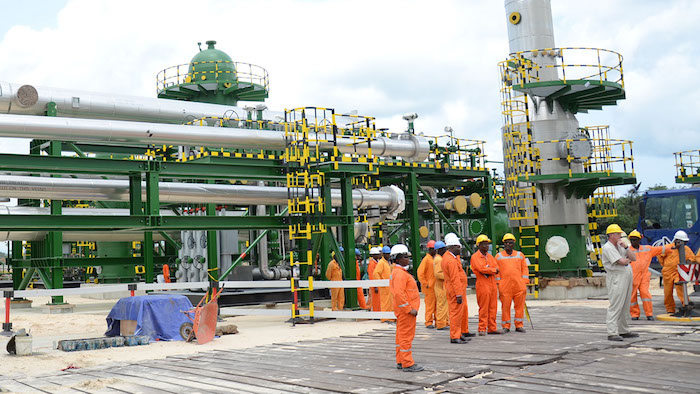The current technological evolution arched towards Artificial Intelligence (AI) and Robotics has been pivotal in offering unprecedented opportunities for economic growth, social transformation, and sustainable development across the world. This next step in technological advancement is rapidly being integrated into every fabric of society; finance, industries, agriculture and even social media. AI and Robotics are now part of the society.
Robotics and AI became more prominent after the labour shortages and inflation brought about by the COVID-19 pandemic. Industry Executives and scientific researchers improved their hunger for robotics and AI and gave room to the AI boom that the world is heading to. AI serves as the “brain” for robots, and new AI models are evolving rapidly, connecting sensory data to understandable language. The surge in the availability of AI and robot technology has prompted a downward trend in the average price of industrial robots which is down by half over the past decade.
Africa has not held back in its use of technology and as such the convergence of AI and robotics holds immense promise to address longstanding challenges and unlock new pathways to prosperity. In African innovation hubs like Accra, Lagos, Kigali, Nairobi, etc. the transformative power of Artificial Intelligence (AI) and Robotics are driving innovations aimed at reshaping industries, economies, and societies across Africa.
Africa’s diversity in cultures, landscapes, economies and political ideologies, as unique as it is, has prompted challenges within the continent. Some of these challenges range from infrastructural deficits, to access to quality education and healthcare. But, from another angle, these challenges also give room for innovation. African nations are leveraging AI and Robotics to address issues in healthcare, agriculture, infrastructure, and education.
Agriculture remains the most important sector in most African economies. Not to mention the availability of abundant arable land, a significant portion of Africa’s population earns their livelihood from agriculture and other related value chains. AI offers game-changing possibilities in agriculture by improving precision; soil analysis, crop management, weather forecasting and pest control are some functions AI systems are engaged in to improve agricultural practices and yield. Startups like FarmDrive in Kenya, SunCulture in Kenya and HelloTractor in Nigeria are pioneering AI-driven solutions in the continent.
The health sector is another sector benefitting significantly from the emergence of AI in the continent. Access to quality healthcare remains a challenge in many parts of Africa because of limited resources and vast geographical distances. AI and robotics are revolutionizing healthcare delivery through telemedicine, predictive disease prevention analytics, and robotics in surgery and patient care. Uganda’s MamaOpe Project uses AI to diagnose pneumonia early thereby saving time while saving lives.
AI technology is improving the learning experience in Africa where many African nations struggle with educational inequality and inadequate resources. AI learning nurtures and connects African developers with global opportunities, thereby fostering economic growth and job creation across Africa, and driving investments in the banking, retail, and telecommunications sectors.
The acceptance and utilization of AI and robotics are faced with a variety of challenges, one notable one being the availability of infrastructure development, transportation efficiency, energy management, digital literacy gaps, and regulatory frameworks. There is need for collaborations between governments, private sector leaders, and civil society organizations to create an enabling environment that supports innovation, inclusivity and ethical use of AI. Countries like Rwanda and Kenya are leveraging AI to enhance urban living standards and promote sustainable development.
For Africa to meet up with the trend of AI and robotics as with other continents in the world, there is need for robust digital infrastructure, investments in education and skills development to equip African youth with the skills and tools needed to thrive in the digital economy of the future. This will facilitate the continent to not only solve local challenges but also contribute to global technological advancements.
The emergence of Artificial Intelligence and Robotics represents a transformative force for sustainable development in Africa. By creatively and responsibly harnessing this technology, the continent is presented with an opportunity to leapfrog into a future of prosperity driven by innovation and inclusivity.


